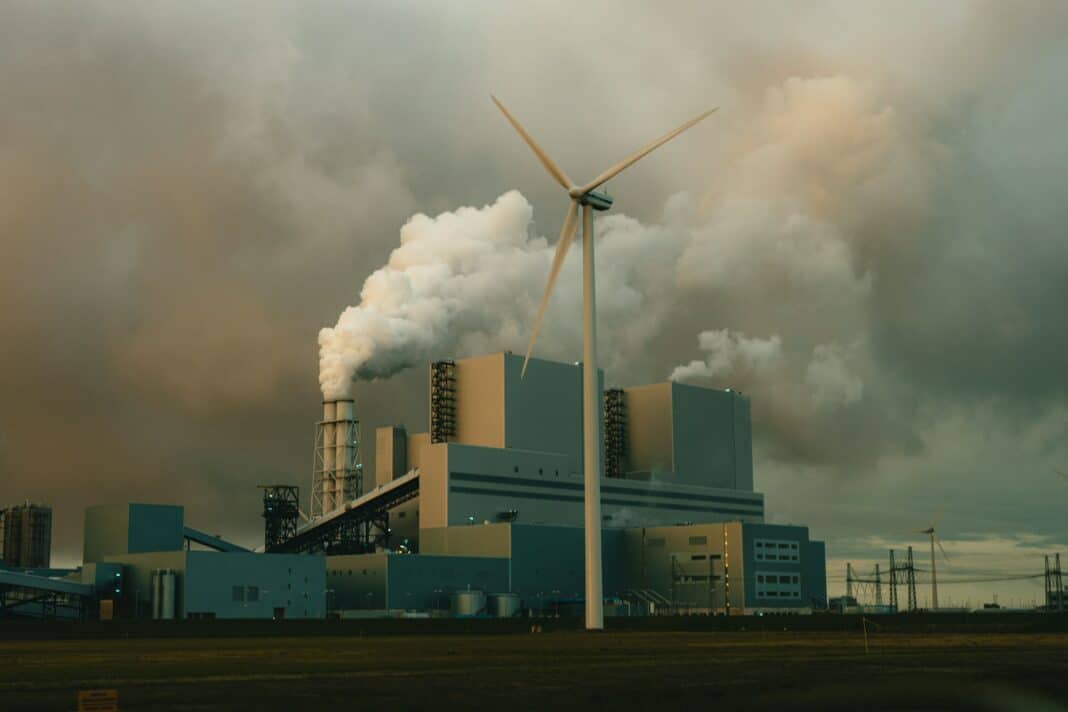Sustainable logistics is a critical focus for many businesses aiming to reduce their environmental impact. As the demand for quick and efficient delivery services grows, so does the need for innovative solutions that mitigate carbon emissions. Smart routing technology is one such solution, offering a way to enhance operational efficiency while promoting sustainability. By optimising delivery routes, companies can significantly cut down on fuel consumption, reduce traffic congestion, and minimise their carbon footprint. Embracing smart routing not only supports environmental goals but also drives economic benefits and improves customer satisfaction, marking a forward-thinking approach in the logistics industry.
The Environmental Impact of Traditional Logistics
Traditional logistics operations have long been associated with significant environmental challenges. The reliance on fossil fuels for transportation contributes heavily to greenhouse gas emissions, which exacerbate climate change. Additionally, inefficient routing and scheduling practices lead to unnecessary fuel consumption and increased air pollution. The logistics sector is also responsible for a substantial share of traffic congestion in urban areas, further escalating emissions and energy waste. These environmental impacts highlight the urgent need for more sustainable practices in logistics, paving the way for technological advancements that can address these issues effectively.
Smart Routing: A Game Changer for Logistics Efficiency
Smart routing technology revolutionises logistics by leveraging data and advanced algorithms to optimise delivery routes. This innovation allows companies to plan the most efficient paths for their vehicles, taking into account factors such as traffic conditions, delivery windows, and vehicle capacity. By reducing the distance travelled and minimising idle time, smart routing not only lowers fuel consumption but also decreases operational costs. Moreover, it enhances the reliability and punctuality of deliveries, leading to higher customer satisfaction. The integration of smart routing systems in logistics operations exemplifies a strategic move towards efficiency and sustainability, benefiting both businesses and the environment.
The Role of Technology in Sustainable Transportation
Technology plays a pivotal role in advancing sustainable transportation. Software for transport management systems enables companies to streamline their logistics operations, ensuring more efficient use of resources. Geo2, for instance, offers a cloud-based transport management system that allows real-time tracking and dynamic route adjustments. These transport management systems utilise data analytics to predict traffic patterns and optimise delivery schedules, reducing unnecessary mileage and fuel consumption. The integration of such technology not only improves operational efficiency but also significantly lowers the environmental impact of logistics activities. By adopting advanced transport management systems, businesses can achieve greater sustainability in their transportation processes, contributing to broader environmental goals while enhancing service reliability and customer satisfaction.
Reducing Fuel Consumption and Emissions with Route Optimisation
Route optimisation is a key strategy in reducing fuel consumption and emissions within the logistics sector. By using sophisticated algorithms and real-time data, route optimisation tools can determine the most efficient paths for delivery vehicles. This reduces the total distance travelled and minimises idle time, leading to lower fuel usage and reduced greenhouse gas emissions. Additionally, route optimisation helps in avoiding traffic congestion and selecting routes that are less likely to encounter delays, further enhancing fuel efficiency. Implementing these technologies not only benefits the environment by cutting emissions but also reduces operational costs for businesses. Companies adopting route optimisation can thus achieve a balance between economic performance and environmental responsibility, demonstrating a commitment to sustainable logistics practices.
Enhancing Customer Satisfaction Through Eco-Friendly Practices
Eco-friendly practices in logistics are increasingly important for enhancing customer satisfaction. Consumers today are more environmentally conscious and prefer doing business with companies that prioritise sustainability. Implementing green logistics practices, such as using fuel-efficient vehicles and optimising delivery routes, not only reduces carbon footprints but also demonstrates a company’s commitment to environmental responsibility. By ensuring timely and efficient deliveries through smart routing, companies can improve reliability and customer trust. Additionally, transparent communication about sustainable practices can further strengthen customer loyalty. Businesses that invest in eco-friendly logistics solutions often find that their efforts lead to improved customer retention and positive brand perception, aligning economic success with environmental stewardship.
The Economic Benefits of Green Logistics Practices
Adopting green logistics practices offers substantial economic benefits for businesses. Implementing smart routing and fuel-efficient technologies can significantly reduce operational costs by lowering fuel consumption and maintenance expenses. Companies that prioritise sustainability often benefit from government incentives and tax breaks designed to encourage environmentally friendly practices. Moreover, optimising logistics operations can enhance overall efficiency, leading to faster delivery times and improved customer satisfaction. By reducing waste and improving resource utilisation, businesses can achieve higher profit margins while contributing to environmental conservation. The economic advantages of green logistics practices highlight the potential for businesses to thrive financially while maintaining a strong commitment to sustainability.
Conclusion
Embracing sustainable logistics practices, particularly through smart routing, offers significant environmental and economic advantages. Traditional logistics methods contribute heavily to carbon emissions and inefficiency, highlighting the urgent need for innovation. Technology, such as transport management systems provided by Geo2, plays a crucial role in achieving sustainability by optimising routes, reducing fuel consumption, and enhancing operational efficiency. Eco-friendly practices not only align with environmental goals but also improve customer satisfaction and reduce costs. By integrating these sustainable strategies, businesses can ensure a greener future while maintaining competitive advantages in the logistics industry.


